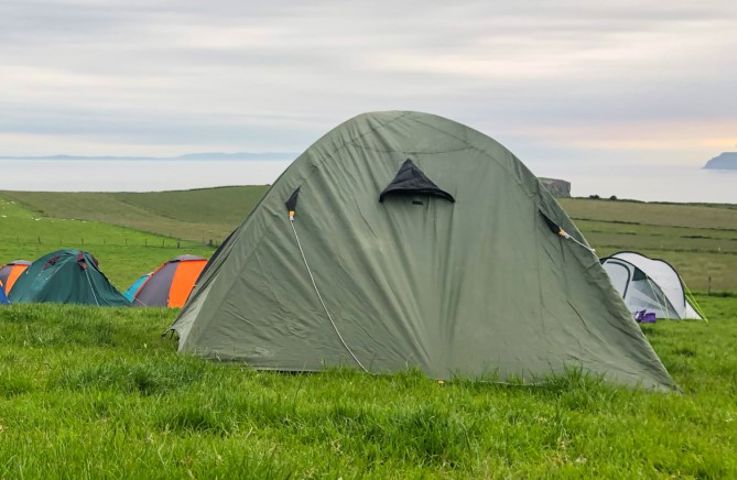Contents
- What do you need to consider?
- What are the different accommodation categories?
- Legal considerations
- Developing booking terms and conditions
- Tourist Accommodation Quality Grading Scheme
- Hotel Accommodation
- Guest House Accommodation
- Bed & Breakfast
- Guest Accommodation
- Self-catering Accommodation
- Hostel Accommodation
- Bunk House
- Campus Accommodation
- Camping, Caravanning and Glamping
- Grading of Caravan and Camping Parks
- Glamping Accommodation
- Advice and next steps for tourist accommodation providers
- Insurance and Risk Management for Tourist Accommodation
- Creating a Guest Information Pack
- Welcome Schemes
- A Welcome Hamper - the best way to welcome your guests
- An insight into Exempted Camping
- Temporary campsites & the ‘28-Day rule’
- Tourist Accommodation Associations
Contents
- What do you need to consider?
- What are the different accommodation categories?
- Legal considerations
- Developing booking terms and conditions
- Tourist Accommodation Quality Grading Scheme
- Hotel Accommodation
- Guest House Accommodation
- Bed & Breakfast
- Guest Accommodation
- Self-catering Accommodation
- Hostel Accommodation
- Bunk House
- Campus Accommodation
- Camping, Caravanning and Glamping
- Grading of Caravan and Camping Parks
- Glamping Accommodation
- Advice and next steps for tourist accommodation providers
- Insurance and Risk Management for Tourist Accommodation
- Creating a Guest Information Pack
- Welcome Schemes
- A Welcome Hamper - the best way to welcome your guests
- An insight into Exempted Camping
- Temporary campsites & the ‘28-Day rule’
- Tourist Accommodation Associations
Temporary campsites & the ‘28-Day rule’
Many landowners and operators across the UK set up and operate temporary tent campsites under the ’28-day rule.’

Temporary use of land under permitted development rights and the 28-day rule
Under permitted development rights, planning law across the UK already allows for the temporary use of land for any purpose for up to 28 days in a calendar year without the need to make an application for planning permission - the ‘28-day rule’.
In Northern Ireland, this right is set out in Part 5 Class B of the Schedule to the Planning (General Permitted Development) Order (Northern Ireland) 2015 (the GDPO).
Some key points of note relating to the ‘28-day rule’:
- Permitted development rights do not override existing planning conditions. If in doubt, contact the local planning authority for confirmation.
- There is no requirement for the permitted days to run consecutively
- This form of permitted development also includes the provision on land of any moveable structures for the purpose of the permitted use, for example portable buildings providing facilities to service a temporary summer campsite. NB – any day a temporary structure remains on site counts as one of the permitted days.
- Trailer tents do qualify under the permitted development rights, but touring caravans and motorhomes do not.
- Planning permission is likely to be required if any engineering works need to be carried out, such as the installation of roads, hard-standings, permanent bases, electricity, drainage, and the local planning authority should be consulted for confirmation.
Additional permitted development provision introduced during Covid19
In England in 2020 and in order to help businesses facing challenges presented as a result of covid19 pandemic, the 28-day rule was increased to 56 days in a calendar year. This arrangement has now been extended and will run until the end of December 2021.
In Northern Ireland, the Chief Planner issued an update on 16 December 2020, which included a statement regarding the temporary use of land:
“In line with the wider approach to relaxing planning control at this time, and for avoidance of doubt, we do not expect the limits of the 28 day rule to be enforced against reasonable outdoor uses, which may include temporary structures, should a longer period be appropriate and helpful to business. This however, does not obviate the need for businesses to operate in a responsible manner, and failure to do so could result in councils initiating enforcement action.”
NB – operating a temporary campsite under permitted development rights for more than 42 consecutive days may require a site licence. The relevant local authority will confirm their position in respect to enforcing this requirement during the current situation.